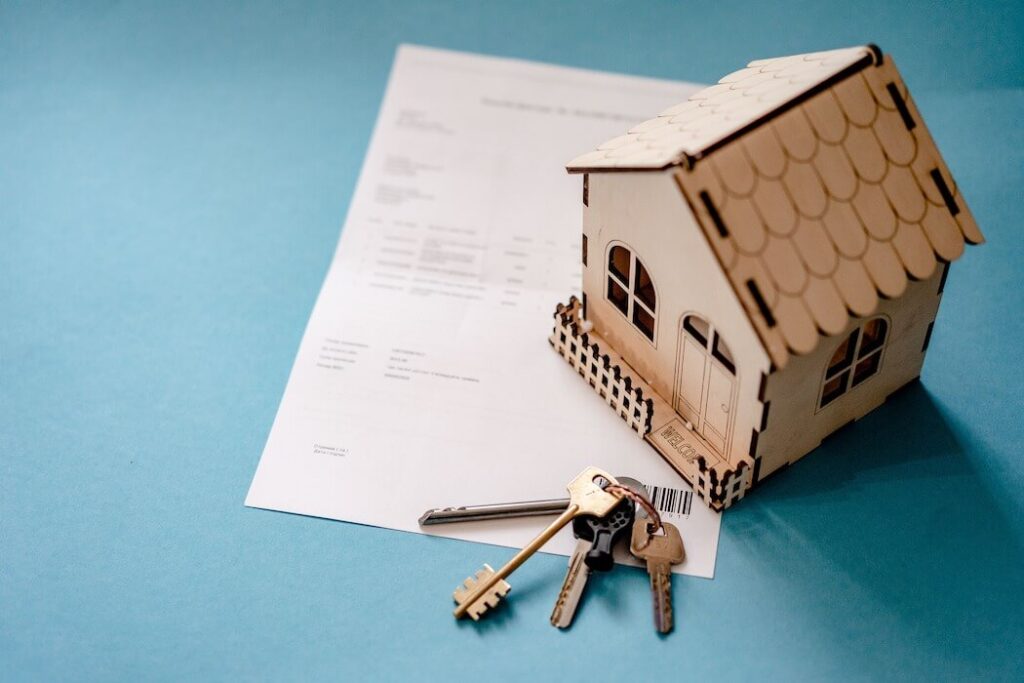Province estimates 130,000 vacancies could potentially be filled through the partnership.
Nova Scotia’s partnership with a national online home-sharing platform has expanded to help people in search of affordable rentals in the province.
Happipad, which first partnered with the province to aid those displaced in the spring’s wildfires, is now available to people across the province. The provincial government is investing $1.3 million CAD over two years in the expansion.
“Beyond housing, we believe in fostering safe, inclusive, and welcoming communities through meaningful connections.”
Cailin Libby
CEO, Happipad
Following the wildfires impacting Nova Scotia, Happipad made housing available for up to 16,000 Nova Scotians under its non-profit program. The intent of the initiative was to support those affected by the wildfire, which meant Happipad suggested offering housing with little to no rent.
However, the nonprofit noted if the host wanted to charge, the platform was capable of that. If renters are able to pay rent, or have insurance coverage for the rent, Happipad was able to generate receipts and process rent payment for a five-percent fee.
Happipad, a Canadian non-profit organization based in Kelowna, BC, began with help from the Canadian Mortgage and Housing Corporation, and offers services in every province. It matches prospective renters with homeowners who have a room in their home available to rent, provides contracts, a payment platform, and support in case there is an issue. In Nova Scotia, Happipad renters are protected under the Residential Tenancies Act.
The provincial departments of Advanced Education, Seniors, and Long-Term Care, and Municipal Affairs and Housing are equally sharing the $1.3 million.
Nova Scotia estimates that there are 130,000 vacant bedrooms across the province.
“We all have a role to play as we work together to overcome this housing crisis, and today’s announcement is a call to action to all Nova Scotians who may have extra space in their homes to consider hosting a person or family in their home,” John Lohr, minister of municipal affairs and housing, said.
The provincial government has acknowledged that Nova Scotia is facing a housing crisis as more people, attracted to the province’s comparatively low cost of living and lifestyle, have moved from other provinces to the east coast. While the housing market is tight, home prices compared to British Columbia, Alberta and Ontario are far less expensive, and recreation opportunities near the ocean are far more available than in other provinces.
RELATED: Requity Homes closes $1.2 million to expand rent-to-own home ownership model to Western Canada
In the spring, the Nova Scotia government announced that the provincial and federal governments were investing a total of $16.6 million in 10 affordable housing projects across the province.
“We are in a housing crisis, and we are taking concrete steps to create more supply to help Nova Scotians find safe and affordable housing,” Brian Comer, minister responsible for addictions and mental health, said in a news release at the time.
Happipad claims it carries out thorough background checks, matches renters with hosts, collects and distributes the rent, and provides dispute resolution support in case of host or renter concerns. Staff in Nova Scotia will provide user support.
Rents through Happipad are typically at rates below those of other rentals, claims the non-profit. Happipad users also report meaningful social connections, with options to share meals and other household activities, the organization says.
“Whether it’s older adults seeking a housing companion to share their home with, or newcomers and students in search of safe and affordable accommodations, Happipad embraces people of all ages,” said Cailin Libby, CEO, Happipad. “But, beyond housing, we believe in fostering safe, inclusive, and welcoming communities through meaningful connections.”
Feature image courtesy of Pixabay. Photo by Oleksandr Pidvalnyi.

